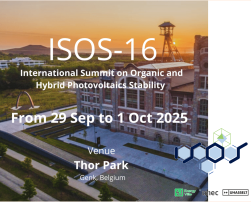
The International Summit on Organic and Hybrid Photovoltaics Stability (ISOS) centers on the critical theme of enhancing the long-term and operational stability of organic and hybrid perovskite solar cells.

The International Summit on Organic and Hybrid Photovoltaics Stability (ISOS) centers on the critical theme of enhancing the long-term and operational stability of organic and hybrid perovskite solar cells.
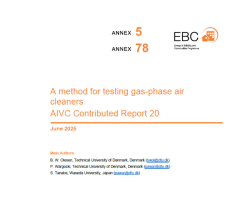
AIVC's Contributed Report 20 (CR 20) describes a test method for gas phase air cleaners based on Perceived Air Quality (PAQ).
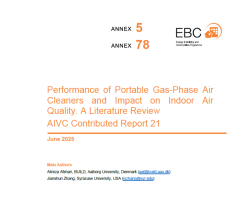
AIVC's Contributed Report 21 (CR 21) presents a comprehensive review of the performance of portable gas-phase air cleaning technologies used in non-industrial indoor environments.
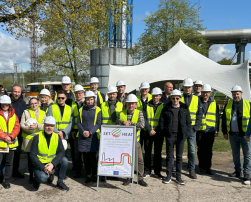
LIFE SET HEAT is redefining the energy future of Eastern Europe through sustainable thermal solutions. The project identifies renewable sources and emerging technologies to transform outdated urban heating networks into efficient, low-carbon systems.
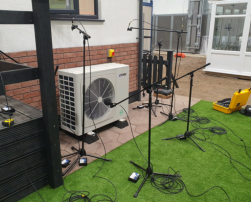
Energy House 2.0 rigorously tests the YORK YKF05CNC system under real-world conditions, demonstrating its efficiency, thermal stability, and promising potential as a key solution for sustainable heating across Europe.
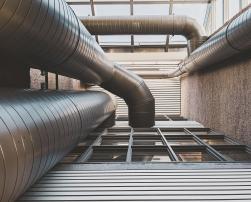
A rigorous study reviews the latest advancements in HVAC technologies and renewable energy systems applied to zero-energy buildings. This work offers a key contribution for professionals and institutions committed to sustainable urban development.
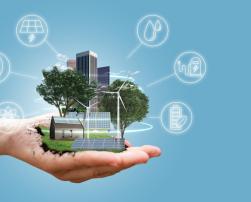
This article explores how smart design, renewable energy, and artificial intelligence are transforming buildings into zero-energy powerhouses—cutting emissions, slashing energy bills, and reshaping the future of sustainable living.
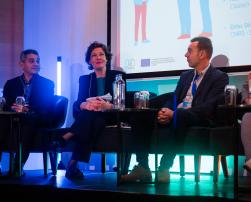
MiniStor presented its research results and policy recommendations for sustainable thermal energy storage with an ambitious agenda of activities in Brussels. The final event was held under the umbrella of the EUSEW, attracting close to 150 people in a hybrid format.
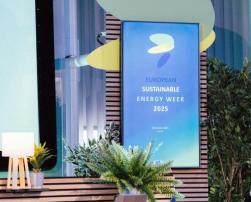
From innovative solutions in rural areas, the standardisation of construction materials to the smart integration of renewable energy sources, the initiatives presented during EUSEW reflect a strong commitment to transforming the built environment into a driver of sustainability and modernisation.
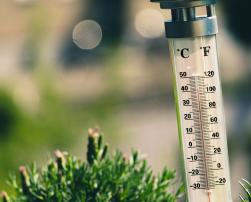
Solid-state cooling technologies are emerging as a sustainable alternative to reduce emissions and energy consumption in buildings, addressing the rising demand for climate control and the urgent need to decarbonise the global building stock.